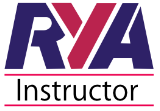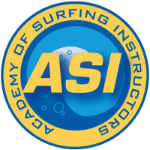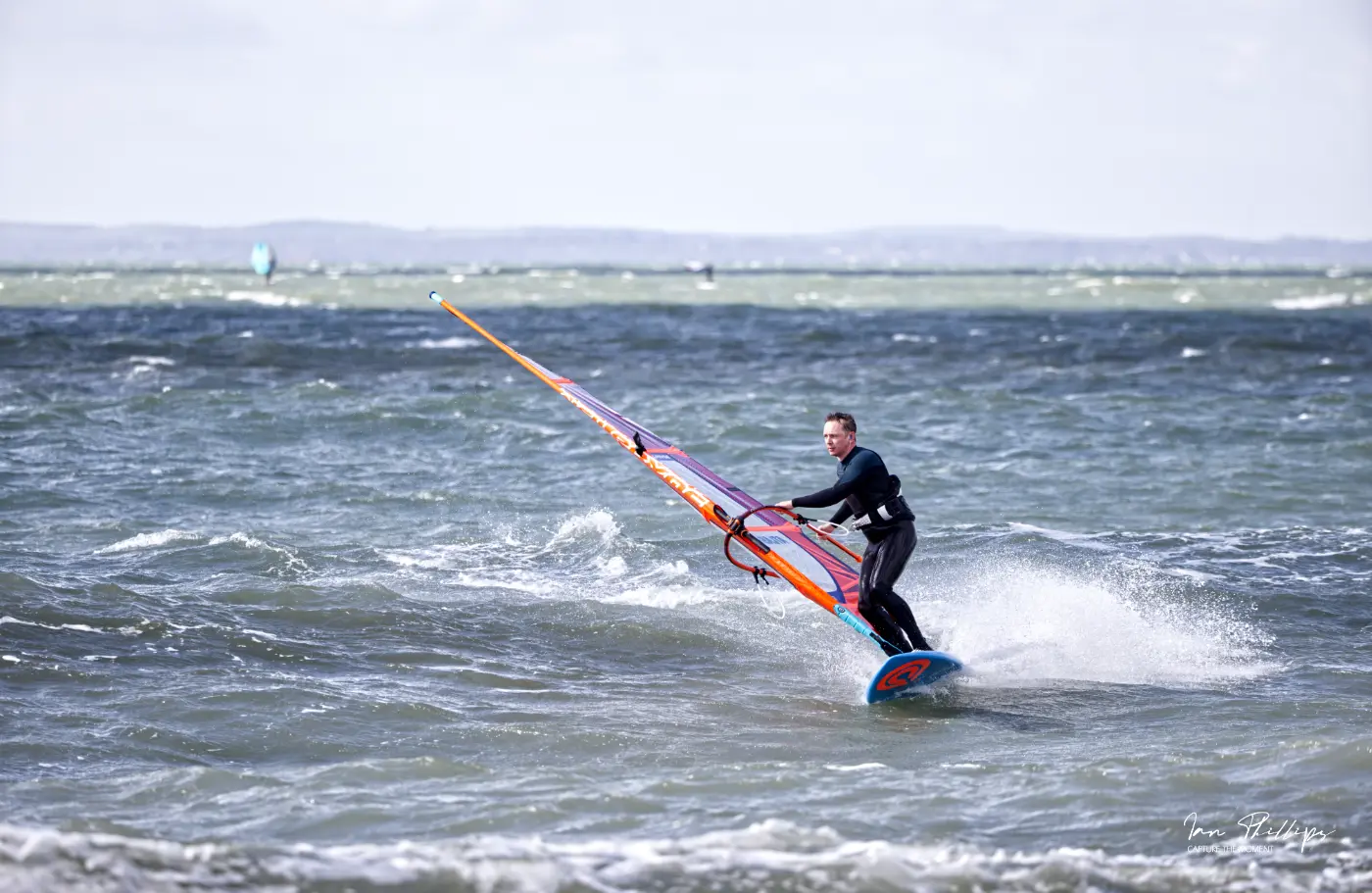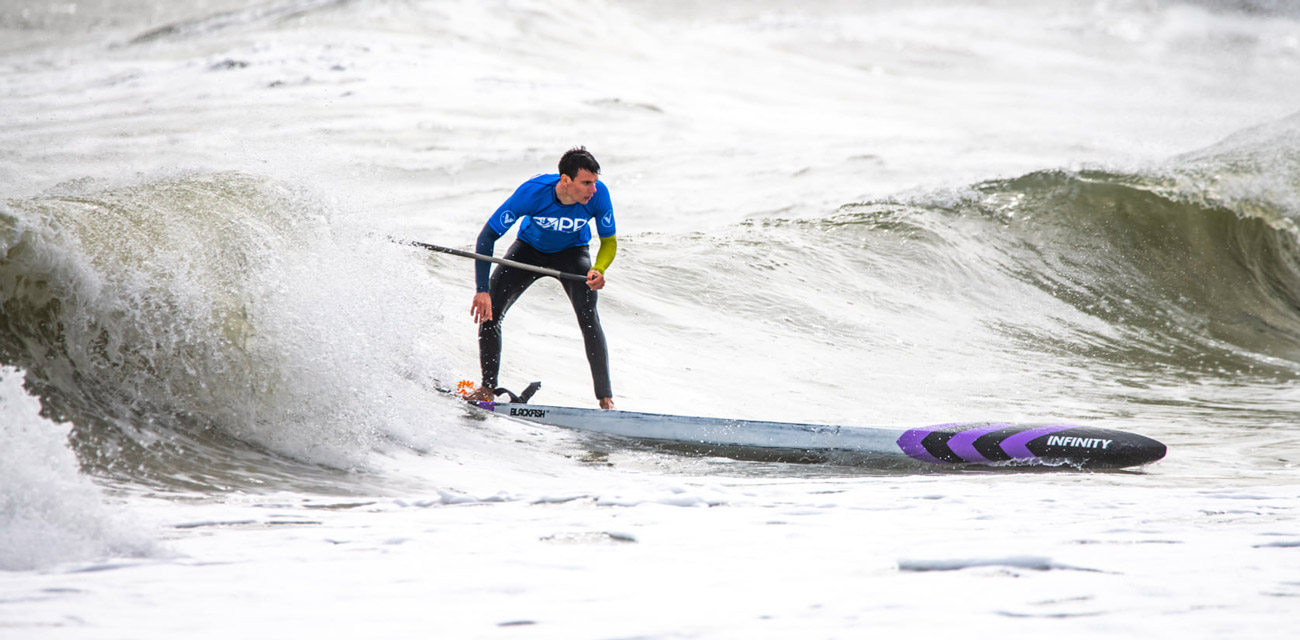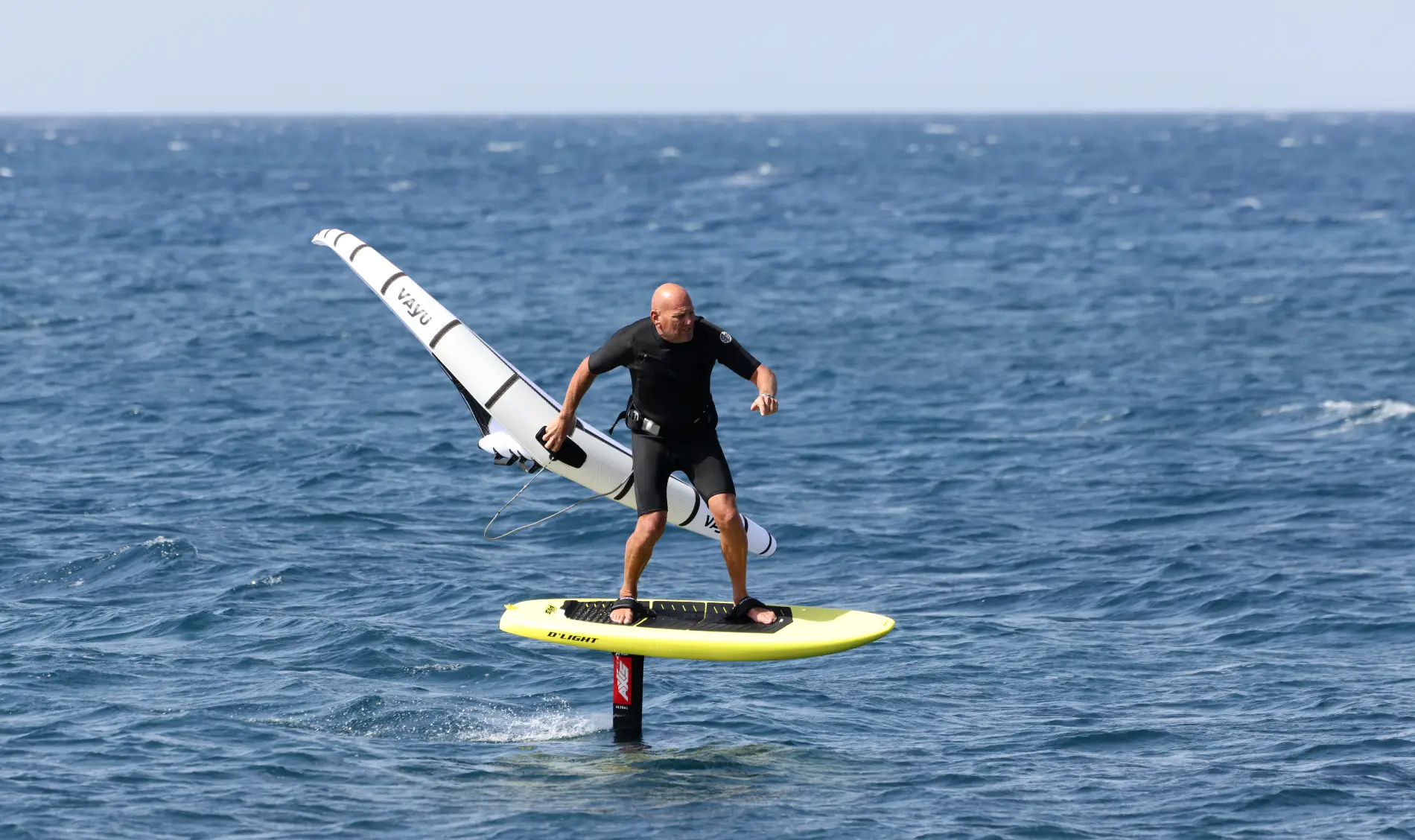Looking for a family-friendly and fitness-oriented activity? Stand-up paddleboarding (SUP) is gaining popularity. Here are expert tips for safe and enjoyable paddleboarding.
Stand-up paddleboarding (SUP) is a rapidly growing watersport. Whether using an inflatable or solid board, it offers a fun way to stay fit. Regular paddleboarding improves overall fitness, especially core body strength, which provides paddle power.
Whether you’re a beginner or experienced, these tips will enhance your SUP experience:
Take a lesson: Learning from experts helps with technique, board recovery, and understanding environmental factors like wind and tides.
Wear a buoyancy aid: This Personal Floatation Device (PFD) keeps you afloat and aids recovery if you fall. Choose the right size for comfort and mobility.
Carry a phone in a waterproof pouch: Besides capturing photos, a phone can be used to raise an emergency alarm. Keep it easily accessible, not in a dry bag attached to your board.
Use the correct leash: Avoid losing your board by using a leash that keeps you connected. Choose an ankle leash for most conditions, but opt for a quick release waist leash in tidal or flowing waters.
Beware of offshore winds: These winds blow from the shore to the sea and can carry you far from the coast. Look for windsocks on lifeguarded beaches to determine wind direction.
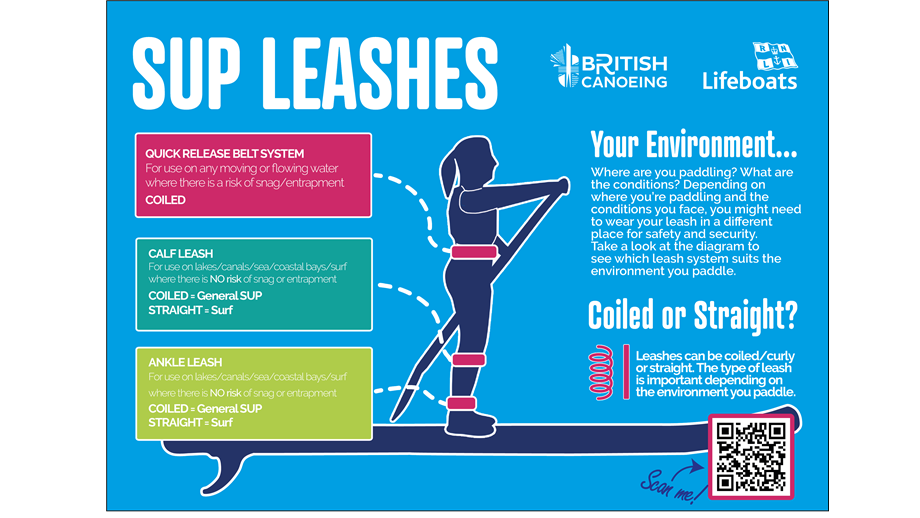
Additional safety tips:
- Have a lesson to enhance skills and knowledge.
- Be aware of your surroundings and potential hazards.
- Paddle with a friend for added enjoyment and assistance in emergencies.
- Float on your back if you’re in the water without your board.
- Check weather forecasts and tide times before going out.
- Inform someone of your plans and carry a mobile phone.
- Dress appropriately for the weather, considering cold water shock risks.
- Launch and recover between black and white chequered flags on lifeguarded beaches.
- Learn rights of way in the surf to prevent accidents.
Training agencies and National Governing Bodies (NGBs) involved: British Canoeing, British Stand Up Paddleboard Association (BSUPA), Water Skills Academy (WSA), Academy of Surfing Instructors (ASI), Surfing England, Irish Surfing, Scottish Surfing Federation, Welsh Surfing Federation, Canoe Wales, Scottish Canoe Association (SCA), Canoe Association of Northern Ireland (CANI), Canoeing Ireland.
